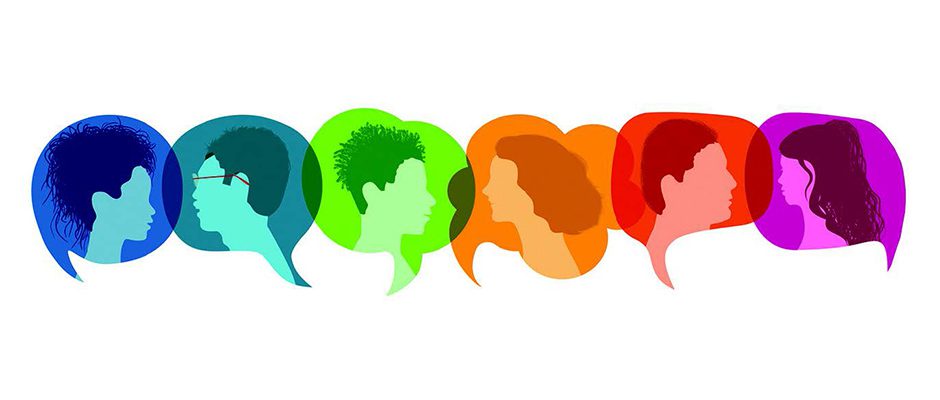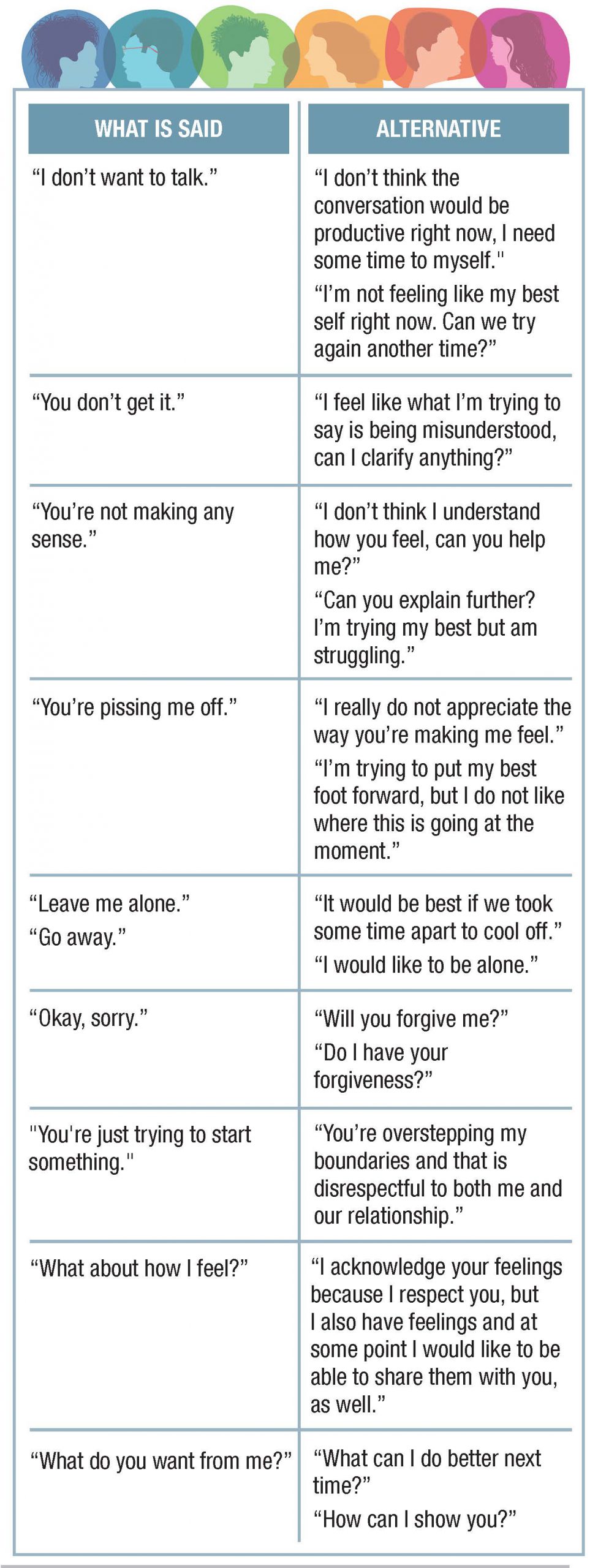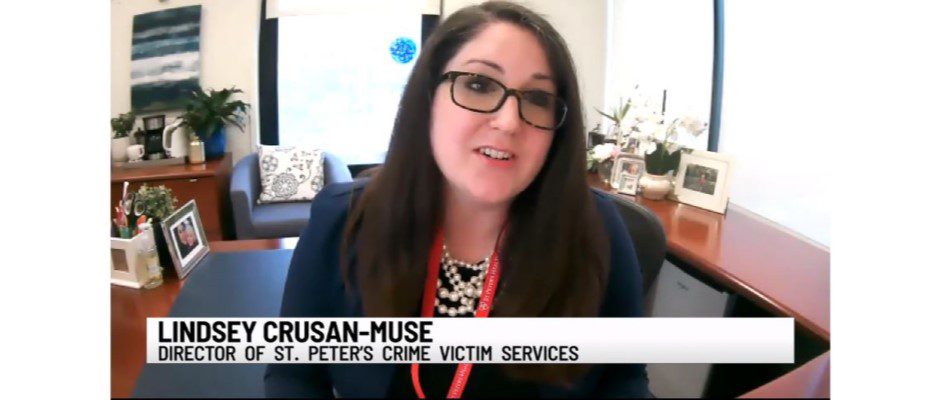
[This article was written by Morgan Williams, crisis services caseworker with St. Peter’s Crime Victim Services.]
Relationships can be a lot of work. Not just romantic relationships, but all relationships (e.g. familial, platonic, friendship). There may be no single way to navigate the complexity within every individual relationship throughout our lives, but there is somewhere we can all start: communication and self-awareness.
There are many layers to the art of communication and the freedom it may provide. There are also many layers to the ways in which trying to communicate can feel like an anxious and frightening task. Culture, environment, family, and childhood are all factors that may contribute to your ideas about communication and what it should look like, versus what it has looked like throughout your life.
By the time we reach adulthood, we are often mirroring the ways we experienced communication throughout our childhood and adolescence, without realizing the patterns that led to it. The benefits of being able to articulate your feelings in a healthy way can greatly improve your life and relationships.
Some emotions are overwhelming and intense and expressing them may feel impossible. But healthy communication serves us so that we are not only heard, but hopefully understood. Likewise, it is just as important to listen and offer understanding to those around us.
So, what does it take to improve communication skills? Self-awareness is a great first step. Recognizing your own patterns when trying to communicate is very important. Begin by asking yourself; “What happens when I feel misunderstood?” The answer to this question may bring some clarity in what holds you back from healthy communication.
Healthy communication can be difficult, but it starts with you. The chart below lists some alternative ways to express your feelings. Of course, there will be times when communication does not work as we planned. Regardless of the outcome, if you are communicating in a healthy way you can say that you showed up for yourself and your needs.
If you or someone you know would like support or more information about domestic violence, teen dating violence, sexual assault, or other violent crime, please contact our 24-hour hotline at 518-271-3257. For more information, visit us at sphp.com/crimevictimservices.





